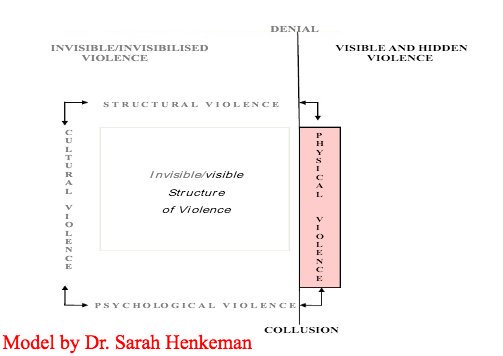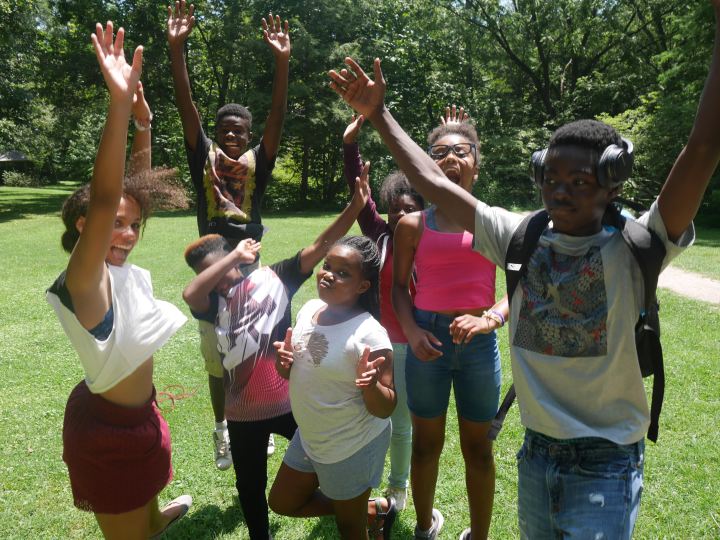Young black men, some not even 20 years old, are involved with shootings and kilings in Asheville at an alarming rate. The heartbreak ripples out from each incident. This is a crisis, and I continually wonder why more people in our community are not truly treating it as such. We are complicit in it.
“Asheville had seen six killings through the end of July, with four of them in subsidized housing complexes, such as Pisgah View….Some residents said drug dealing and turf battles are behind the killings, and drug dealing is driven by poverty” (Citizen-Times, August 27, 2017). The Citizen-Times also reported the number shootings per public housing development to date in 2017 – Deaverview: 1, Hillcrest 2, Pisgah View: 3, Livingston: 6 (Citizen-Times, June 10, 2017).
While mass incarceration and the prison industrial complex are some of the most serious issues impacting our young black men, today I am specifically thinking about how our city is addressing or not addressing the fact that our kids are literally killing each other.
We can look to the cumulative effects of our history of white supremacy from slavery to reconstruction to Jim Crow to the more recent devastation of urban renewal as sources of this crisis. I recently discovered Urban renewal in Asheville: a history of racial segregation and black activism, Steven Michael Nickoll’s 2015 Masters’s Thesis for Western Carolina University. I have just started reading it, here are a few quotes from the paper abstract:
“Urban renewal displaced and relocated the majority of the residents and businesses in [African American neighborhoods] effectively dismantling almost every African American community in Asheville. City officials utilized the power of eminent domain to possess African American homes and relegated these residents to public housing complexes as renters. At the time of urban renewal, Southside, arguably the poorest of Asheville’s black neighborhoods, had a homeownership rate of 58 percent. Years later, only 44.3 percent Asheville’s black residents owned their homes. In the name of progress, many black residents’ lost their identities as homeowners, a symbol of ‘stability, financial security’ as well as ‘social class and status.'”
The Asheville Housing Authority’s three oldest developments opened in the early 1950s – Lee Walker Heights in 1950, Pisgah View Apartments (which at the time was for whites only) in 1952, and Hillcrest Apartments in 1959. Today we see families living in public housing developments in Asheville that are in their fourth and fifth generation there, still with limited pathways out.
“With 70 percent of Asheville’s current public housing tenants identifying as African American, urban renewal reconfigured the details of racial segregation confining black residents within public housing complexes. However, public housing communities failed to offer the quality of economic and educational opportunities once present in Asheville’s black neighborhoods. According to historian Thomas J. Sugrue, this new form of housing segregation has had profound consequences for African Americans that include limited access to employment opportunities, racial concentration of poverty that hinders the effectiveness of public schools educating black youth, and the racial polarization of politics, ultimately affecting the distribution of public resources. Race was the most important factor in framing Asheville’s urban renewal program and its consequences still affect the lives of Asheville’s black residents” (Nickoll).
As others have said before me, the structural violence of this oppression is directly related to the gun violence that has been happening in our public housing communities. It can be argued that gun violence is a natural response to severe community trauma.

The challenging question is, of course, how do we address it? I do not deign to claim to have an answer, though I am in the movement for change with many wise leaders of color working towards solutions. I will keep following their lead, offering support.
This purpose of this post ask us all to take the crisis seriously. Too often people see stereotypes instead of the system. SEE THE SYSTEM.
While I am an not offering a definitive plan, something that is often on my mind is how are we supporting young people of color? How are we showing them pipelines to opportunity?, as DeWayne Barton of Hood Huggers asks often.

Libby Kyles, director of the YTL Program for teens, pointed out to me recently that our city community centers are closed on the weekends. Centers that could be offering space for programming for youth on those days. That is just one small example how our policies continue to marginalize. On a positive policy note, I was happy to see that YTL was one of the programs that received money from the Buncombe County Isaac Coleman Economic Community Investment plan, as did the My Community Matters – Word on the Street partnership. (Photo of participants in the YTL Program by Tony Shivers.)
Other programs in Asheville for teens that we can support are My Daddy Taught Me That and My Sistah Taught Me That, and the Asheville City Schools Foundation’s IRL Program. The Christine W. Avery Learning Center provides a camp for teens during the summer.
To be honest, I am nervous to publish this post. I know it is just shallow sliver of an enormous topic, and I am aware of some (not all) of my limitations discussing it. Still, I must raise my voice when I live in a place that drives our babies to use bullets.
Onward.
********
Greetings reader: You can subscribe to have new posts delivered via email for free (sign up in sidebar or below if you are on a device). If you find this site valuable, you can become a patron on Patreon or you can make a one-time or monthly donation via PayPal or a credit card. Thanks for helping sustain this resource on community action towards collective liberation.

Great writing Ami!!!
LikeLike
Thank you, Jen! I hope it inspires action.
LikeLike
holy cow, thanks for explaining this!
LikeLike
glad you found the information i shared illuminating, there is much more…
LikeLike
I always appreciate your analysis Ami. Especially grateful for the link to the thesis which looks like it will offer valuable insight. A great resource to share. Thank you. I believe we can do better. We have to.
LikeLike
Thank you, Noel. Yes, I am looking forward to reading the full thesis. You may also want to check this out: http://www.nchumanities.org/sites/default/files/documents/Crossroads%20Summer%202010%20for%20web.pdf
LikeLike
Thank you for this information Ami! Thank you for being daring with perspective and thorough in supporting your ideas with great sources. This is a great resource. Shout out to you for being consistent! Love you.
LikeLike
LOVE YOU!
LikeLike
Thank you for posting even in your uncertainty and nervousness. What is alarming for me is that with each event that happens we gather we talk and then it is is if we disburse and nothing comes of the talk. I hope that this posting ignites a fire that can’t be extinguished and that people come together for the good of our babies.
LikeLike
Me too. Thanks for being such a light.
LikeLike